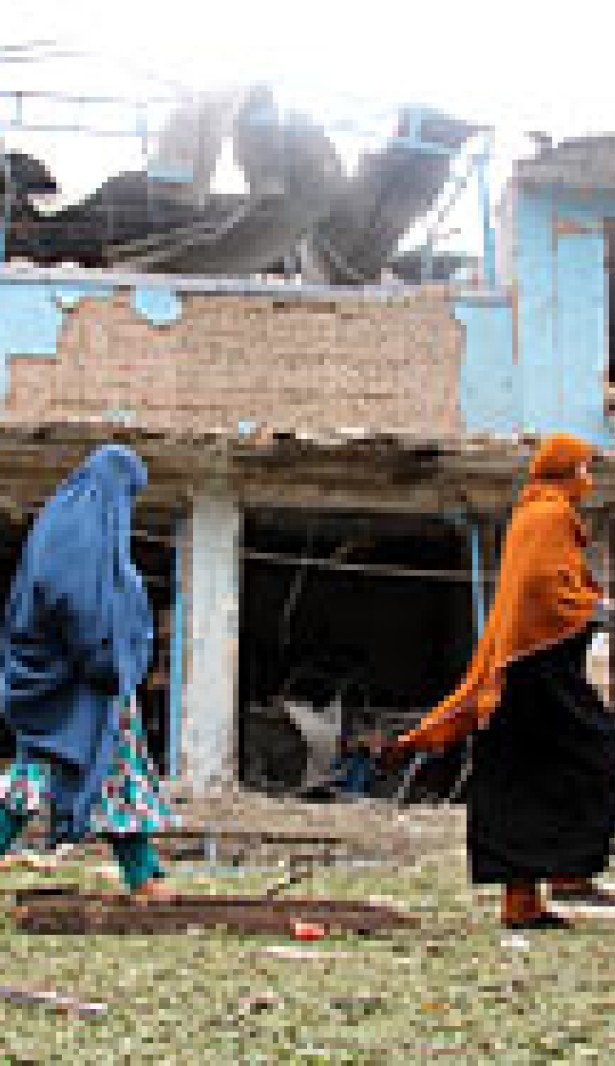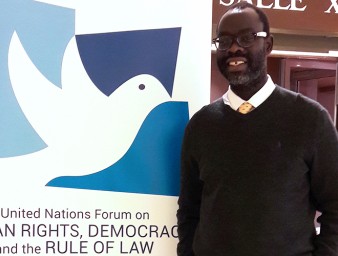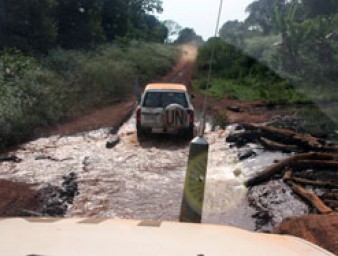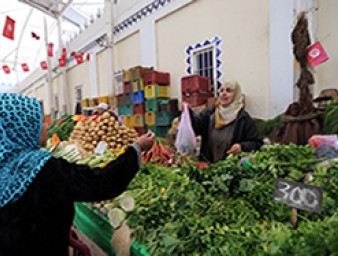Afghanistan: a pivotal moment for human rights
24 January 2014
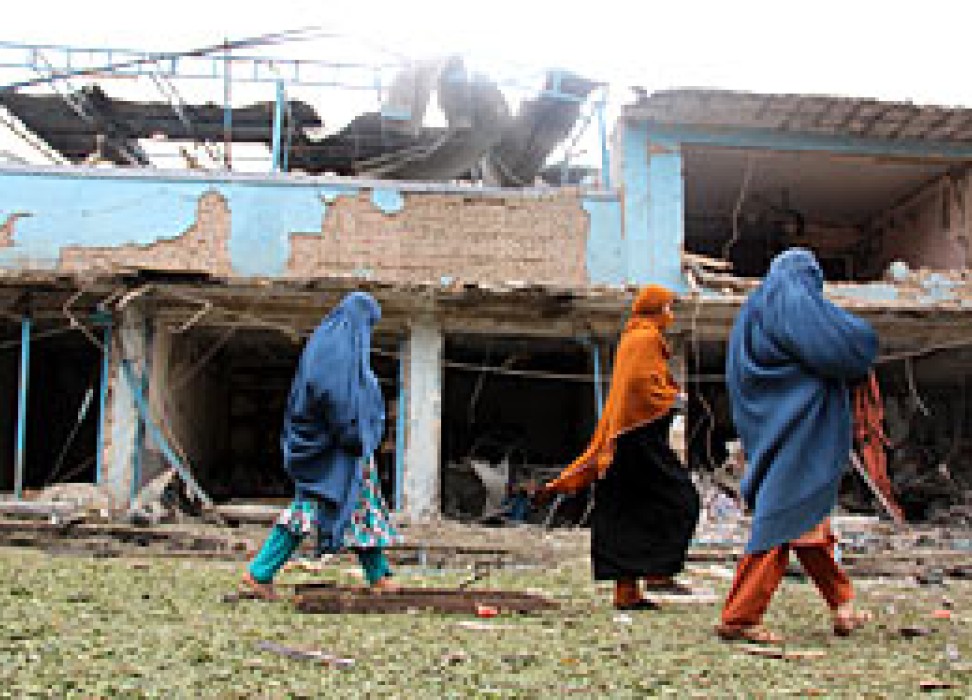
Afghans look with anticipation into 2014, as the country prepares for its Presidential elections, coinciding with a general scaling-down of international funding and support, as well as the completion of international military forces’ combat mission by the end of 2014, according to the UN Assistance Mission in Afghanistan (UNAMA).
Since the fall of the Taliban regime 12 years ago, there have been several human rights achievements; however, these gains remain fragile and many Afghans worry about how this year’s political and security transition might impact the human rights of its citizens.
From Jalalabad, the capital of the eastern province of Nangarhar to Asad Abad, the capital of neighbouring Kunar Province, Georgette Gagnon, the UN Human Rights Office representative in Afghanistan, recently met with several Afghan government officials, representatives from civil society organizations, local human rights’ activists and victims of human rights violations to discuss the human rights situation and promote human rights in the months leading up to Afghanistan’s Presidential election.
One of the major issues on the agenda is the protection of civilians in armed conflict, which has already shown signs of deterioration since 2012.
UNAMA has documented 1,319 civilian deaths and 2,533 injuries – in the first half of 2013, marking increases of 14 per cent in deaths and 28 per cent in injuries over the same period in 2012.
“The violent impact of the conflict on Afghan civilians marked by the return of rising civilian casualties in 2013 demands even greater commitment and further efforts by parties to protect civilians who are increasingly being killed and injured in the cross-fire,” said Ján Kubiš, the UN Secretary-General’s Special Representative for Afghanistan and head of UNAMA.
The situation for Afghan women is another area of concern, according to Gagnon, who met with representatives from women’s activist groups during her visit to the Nangarhar Province to hear first-hand their concerns and challenges.
Women’s groups are worried that the gains Afghanistan has made in women’s rights since 2001, including the adoption of the Elimination of Violence against Women law in 2009, will be negatively affected in light of the country’s political, security and economic transitions throughout 2014, said the UN Human Rights Office Representative in Afghanistan.
Under the new law, numerous forms of violence against women and harmful practices are criminalized, including child marriage, forced marriage, the selling and buying of women under the pretext of marriage, the traditional practice of “ba’ad” which requires the giving away of a woman or a girl to settle a dispute, forced self-immolation and 17 other acts of violence.
However, UN reports indicate that violence against women prosecutions and convictions under the law remained low.
“The landmark law on the Elimination of Violence against Women was a huge achievement for all Afghans,” said the UN High Commissioner for Human Rights, Navi Pillay, last year. “But implementation has been slow and uneven, with police still reluctant to enforce the legal prohibition against violence and harmful practices, and prosecutors and courts slow to enforce the legal protections in the law.”
In addition to violence against women, issues affecting women’s participation in the 2014 elections were discussed in Gagnon’s meetings in eastern Afghanistan, including ways to ensure Afghan authorities provide the necessary protection and security to facilitate women’s participation in the elections as voters and candidates.
“We want the candidates to have human rights issues at the top of their priorities as they prepare their programmes and policies ahead of the election,” the chairperson of the Afghanistan Independent Human Rights Commission (AIHRC), Dr. Sima Samar, has said in relation to the matter.
Throughout 2014, UNAMA will continue to analyse and report on the human rights situation in the country and engage in protection, advocacy and capacity-building activities.
24 January 2014
